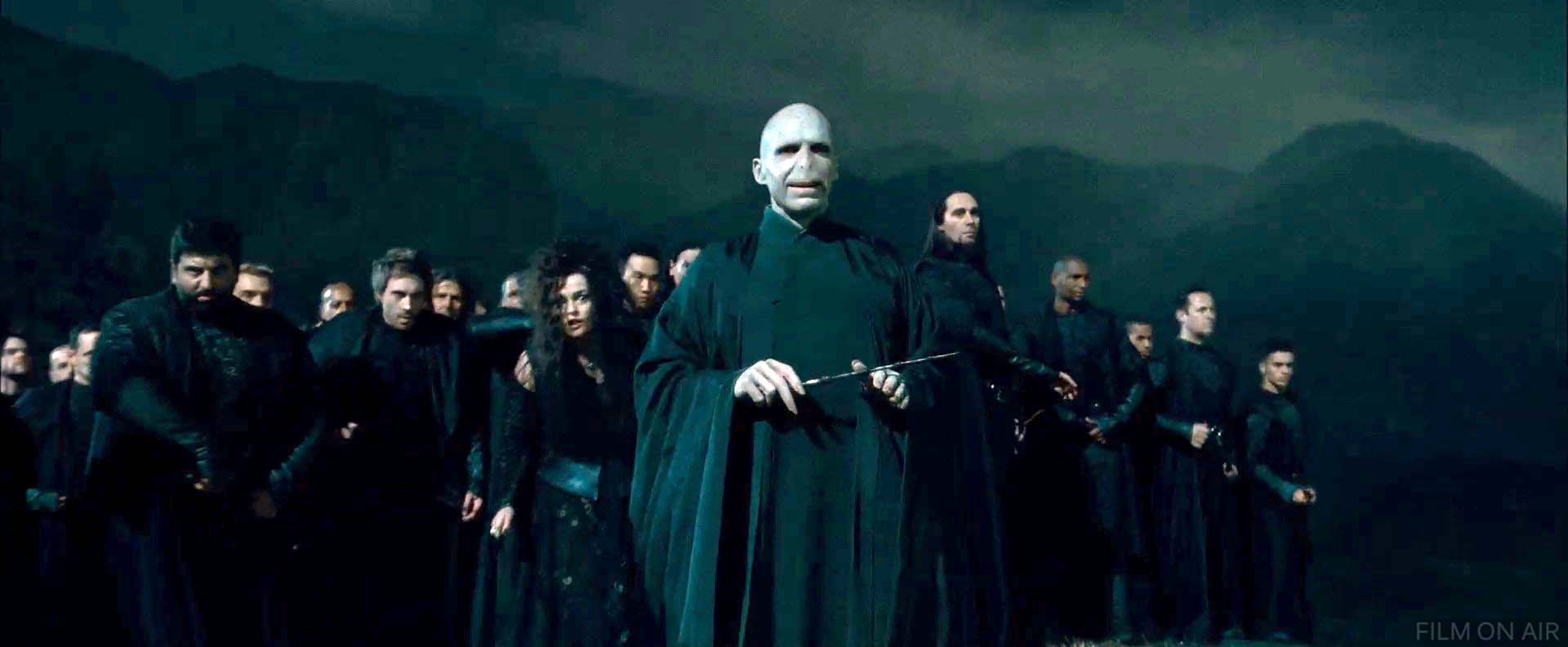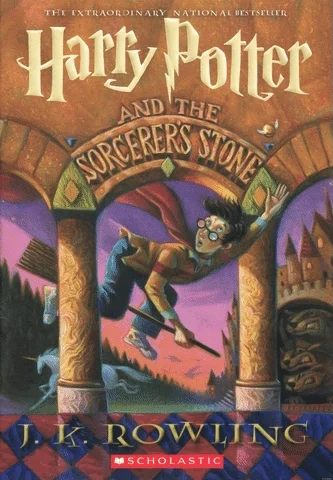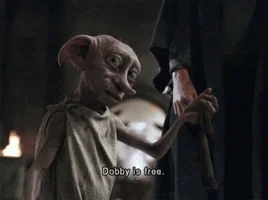Hello Readers!
A Webquest is meant to understand how a
single text can be studied through various perspectives. So,
as a part of our curriculum, me and my friends have attempted to create a
webquest on the Harry
Potter series. You can read and also evaluate and comment under the blog, your
opinions on the work. Harry Potter has been with us since so long. But do you
think it is just another
fairy tale in children’s fiction? Or Is it more than that? Well, studies
suggest it is much more than
just children’s fiction. Go through the webquest to find out how.
Harry Potter web quest is the part of our activity that we have to find some article and from that we have to put the arguments based on the movie or novel, and we have also prove that by giving relevant examples from movie or book. This task given by Dr.Dilip Barad.
We have done this task in a group and our group members are Ruchita Kankrecha, Rajdip Gohel, Krishna Patel, Prakruti Bhatt and Vishva Gajjar.
- Feminist Reading of Hermione and other female characters in Harry Potter.
Argument and Illustration
1) This paper questions the problems of multiple readings from the viewpoint of feminist literary theory. It asserts how Rowling succeeds in making the reader aware of the problems of male female relations by positioning the characters on opposite sides with regard to emotional relations towards different people, the family,and society in general.
Explanation of Argument:
Hermione’s character is presented as clever and independent. She is not the usual ‘damsel in distress’; she is rather the intellectual girl who knows how to deal with the situation at hand. However,her role changes once the narrative becomes one of coming of age. She assumes the stereotypical feminine attributes. Hence, it clearly indicates the triumph of patriarchal conditioning. Also the other female characters are treated as subordinate to the male characters.
2) Janet Bennan Croft presents the results of an analysis through the feminist
perspective. The results indicate that J.K Rowling through her masterpiece tries to break patriarchal view of who put male and female on the different side by presenting strong female figure.
Explanation of Argument:-
Characters like Hermione, Ginny, Luna Lovegood are comparatively strong characters without whom Harry’s fight with Voldemort would not have been possible.
3) This article argues how the system in Harry Potter’s world is one of co-education, where all humans who have magical potential theoretically have equal access to the same education and to positions of power in any field after graduation.
Explanation of Argument:
All the characters go through a similar system of education at Hogwarts and are open to all career options after graduation.
- The theme of Choice and Chance:
1) Tom select Slytherin group and Harry Potter choice Godric Gryffindor, that make a difference in both, that one kills for gaining power the other fights against evil.
2) The climax of Deathly Hallows occurs when Harry sets off to sacrifice himself and allows Voldemort to hit him with the Killing Curse. The Horcrux within Harry is destroyed, Harry survives through his blood connection with Voldemort, and Voldemort's power is broken as a result.
3) Voldemort and Harry are same in Power but on thing is different that Voldemort chose wrong path and killed many people, and Harry Potter was there for helping people.
- Discourse on the purity of Blood
1) J.K Rowling argues that or says that many pure- blood continue to cite them as evidence of their own higher status within the wizarding community.
Explanation of Argument:
Malfoy insults Hermione, calling her a mud-blood, as she doesn’t belong to a pure blood-line.
2) Harry Potter’s legacy of blood purity is an article written by Melissa Brinks. In this article she argues that J.K.Rowling doesn’t fully flesh out the concept of the “Blood purity” that defines both wizards and Muggles, but it offers numerous metaphors for the same white-supremacits concept.
Explanation of Argument:
The concept of blood purity often seems to run along the lines of white supremacy and racism. Those who treat muggles and pure bloods equally, are treated as blood traitors, as in the case of Dumbledore’s sister, Ariana. Muggle born children are insulted by their classmates
3) Karin kokorski takes into consideration the conflicts between Voldemort’s regime and the wizarding world, the scientific explanations the regime manufactures in regard to pure-blood supremacy, its methods, and finally, the possible implications for the reader.
Explanation of Argument:
Power according to Foucoult creates knowledge and propagates it. In the case of Voldemort’s regime, which he aspires to build, pure-blood supremacy, is one of the founding reasons for the cause.
- Children’s Literature and Harry Potter
1) Tyler Searle argues how the Harry Potter books pushed many young people to become readers. Searle also argues how it was easy for children to relate to Harry Hermione and Ron because they weren’t the typical good- looking heroes found in children’s fiction; instead they are schoolkids exploring good and evil.
Explanation of Argument:
Harry’s academic journey at Hogwarts resembles that of children across the globe. Hence, it becomes easy to relate with them.
2) Emma Lord states how the publishing industry used to assume that the demographic reading Harry Potter books, namely children, would only want to digest a certain amount of material. Because of the massive success of the Harry Potter series, though, children's books on the whole are becoming longer. Never has a popular series taken such a marked turn from squarely children's lit territory into such a dark, decidedly YA (Young adult fiction), if not occasionally adult territory.
Explanation of Argument:
Just as Harry and his friends learn and grow through their experiences; the readers also can reflect on their experiences. Though falling into the category of children’s literature, the series has a lot to offer to the adult audience also.
3) Susan Pierce lists out five ways in which Harry Potter changed children’s literature. One of the major effects the Harry Potter series had on children was the increase of empathy in them. The post also argued how Harry Potter series opened the eyes of publishers regarding the fact that there is a huge market for well constructed young-adult literature.
Harry isn’t biased towards anyone. He is empathetic to the sufferings of others like Dobby. He’s also free from the rigidity of blood purity.
- The theme of Love and Death
1) Love and Death in Harry Potter by Paul Spilsbury argues that Love and death is a major theme in J.K.Rowling’s Harry Potter series. she herself said in the Tatler magazine that “My books are largely about death”. Death to be not feared. The wise know that death is not the end. Several kinds of human love are depicted in the book- the love of parents for children, husbands and wives and those who will marry one day, the love of friends. J.K.Rowling believes in love and in its capacity for self sacrifice.


Explanation of Argument:
1) Harry and his friends are taught to stay strong in the face of death and also that friendship and love are the strongest shields against death.
2) This essay examines various features belonging to the liminal area between life and death in the world of Harry Potter. Being fantasy novels, Rowling's works are free of the reins of empirical thinking. The border they posit between possible and impossible may be displaced; still, it is more or less firmly set.
Explanation of Argument:
2) Rowling places death as a powerful evil force. However, it is not something to be afraid of. It is something to be fought and won over with. The Deathly Hallows are a good example of how death can be mastered.
3) love is studied by learned witches and wizards shows it is more than sentiment that brings Dumbledore back to the subject. In the wizarding world, love has literal magical properties, and these keep Harry safe – time and time again.
Explanation of Argument:
3) Lily Potter’s love saves Harry from Voldemort’s curse. Thus love proves to be a shield against death.
Table of WebQuest: Click Here
Table Of Titles of Harry Potter: Click Here
Table of Rubric: Click Here






No comments:
Post a Comment